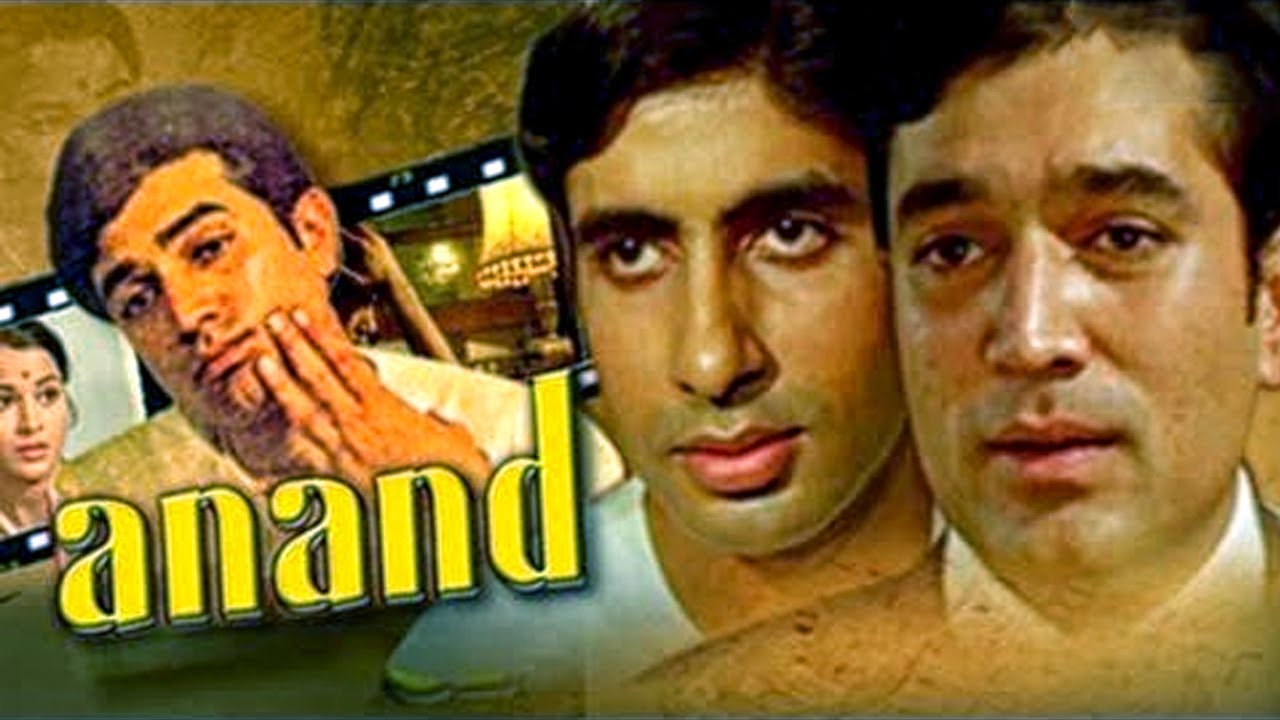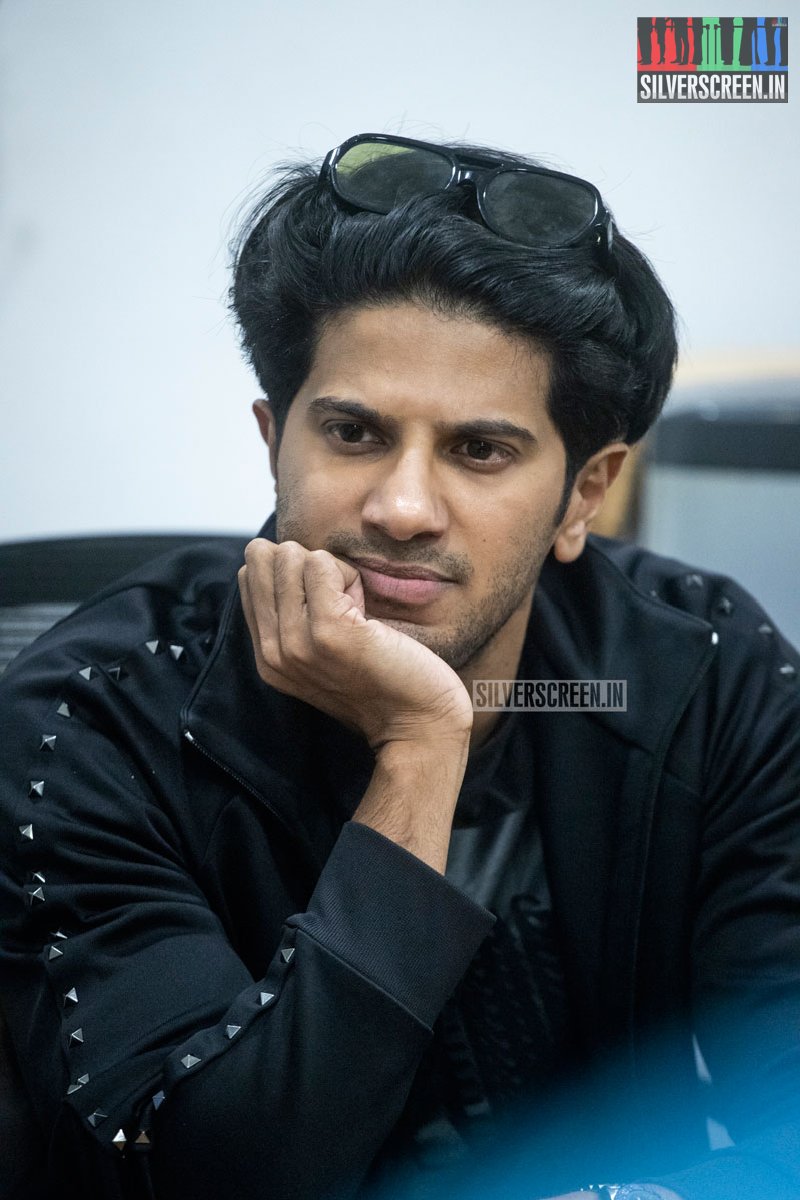Director: Arif Ali, Avinash Das
Cast: Aaditi Pohankar, Vijay Varma, Kishore Kumar G
Writers: Imtiaz Ali, Divya Johry
On paper, Netflix India’s She, a seven-part police procedural created and co-written by Imtiaz Ali, has one of the most intriguing premises. Picture this: Bhumi (a riveting Aaditi Pohankar), a timid, lower-middle-class, Marathi junior constable stumbles upon the secret to weaponsing her sexuality while on an undercover police operation, moonlighting as a sex-worker.
Female sexuality has been a topic fraught with problems, in Indian screens. Even when films touch upon its existence like Veere Di Wedding (2018), which saw an urban embrace of women’s desires, did, they tend to view it in isolation – far removed from patriarchal structures that endanger it in the first place. But by placing its protagonist thick in the cauldron of patriarchy, She seemed to have aimed its gaze on female sexuality through an interrogation of Indian society. For instance, Bhumi is in a profession where excellence is equated with a display of masculinity; she is undercover in another profession that is, to an extent, under the mercy of a display of masculinity; she shares an estranged relationship with a husband who resents her for making him feel emasculated.
Yet on-screen, in She – three episodes too long – that interrogation never quite happens. It becomes a pointless, repetitive misfire that reduces the promise of its premise to dull police procedural and soon ends up as a caricature of its own making. Directed by Arif Ali and Avinash Das (although it isn’t clear how exactly the directing duties have been divided), the biggest letdown of the series is that it reiterates the same old clichés that abound narratives of female liberation. One which confuses on-the-nose surface-level feistiness with sexual liberation.
She finds its bearings when Bhumi infiltrates a brothel tasked with nabbing the attention of Sasya (an efficient Vijay Varma), a low-level smart mouth involved in the underworld narcotics business. The job at hand is simple: identify if he is the guy the Anti-Narcotics Team is after and help her bosses arrest him. Sasya falls hook, line, and sinker for her, but even after a detour that puts Bhumi’s safety in question, his plans of a night-long romp are thwarted when the cops ultimately locate them and arrest him. Things get more interesting when Sasya puts forth a condition to the cops after his arrest. He will only divulge information if she interrogates him. The action spread over the first two episodes, makes for a compelling build-up and is compounded by the fact that Pohankar and Varma share electric chemistry (that seems to be the only silver lining in the series).
For some inexplicable reason, the makers leave their story midway (and completely forget about Sasya’s existence for a while – nothing good can come from underutilising Varma) to introduce its principle villain. The elusive Nayak (Kishore Kumar G), who as it turns out is Sasya’s boss and the narcotics kingpin. There is some talk about him planning something that is supposedly going to put the whole country under threat, but the storyline never quite explicitly draws out what is at stake.
It doesn’t help that the very forgettable Nayak is introduced only in the sixth episode, resulting in a hurried summarisation of his significance to the plot. There’s a parallel track with Bhumi’s family that weakens the show instead of informing it, another subplot with her borderline abusive estranged husband that leads to more questions than answers, and Bhumi’s preparation angle that should have been a montage and not entire episodes.
The police drama in She doesn’t fare any better: it isn’t just ineffective, unable to build an engaging, distinct cop universe or explain its mechanisms but also is incredibly juvenile. Neither the directors nor the writers seem to have a grasp on the narrative – the timelines contradict each other on more than occasion, stacked to the brim with unnecessary flashback scenes that further complicate the plot.
There’s a crackling scene here and there, like a sequence in the third episode where a confrontation with a waiter staring at her suddenly culminates into a moment of seduction. Even then, She never gets close to achieving a sense of metamorphosis, partly because the writers — aided by the sloppy cinematography and incoherent direction — aren’t as invested in exploring Bhumi’s psyche. What we get are contrivances that the makers sell as easy justifications, which reaches its unforgivable peak in the show’s trainwreck of a finale. *Spoiler alert* In it, a revelation of childhood abuse, sold in a brief flashback scene without any exposition, is called upon to justify Bhumi’s sexual frigidness. It isn’t just an unbearable cop-out, but also a prime example of the ignorance of Indian writers who choose to exploit the trauma of sexual abuse and its effects on the sex lives of women rather than delving deep into its consequences.
In that sense, the proceedings in She are burdened by what I like to call, the “well-intentioned male gaze” (the series is co-written by Divya Johry, Ali’s first collaboration with another writer). This makes She the kind of a show that thinks it speaks on behalf of its female protagonist when it actually commits the mistake of speaking for her.
Recommended
For a show seemingly documenting the sexual coming-of-age of a woman, She always keeps Bhumi at an arm’s length. Never does it afford her the steering wheel. She leads a passive existence built around following the orders of every man around her. The show treats lust, sex, and female desires as a means to an end. The sex scenes are cringe-inducing in just how much they adhere to the template of male fantasies. In a way, this is its biggest deceit. She wants you to believe that it is a story about a woman who stumbles upon her sexual awakening. While in reality, it is yet another narrative in which men get to dictate the terms for a woman’s freedom.
The She review is a Silverscreen original article. It was not paid for or commissioned by anyone associated with the film. Silverscreen.in and its writers do not have any commercial relationship with movies that are reviewed on the site.



